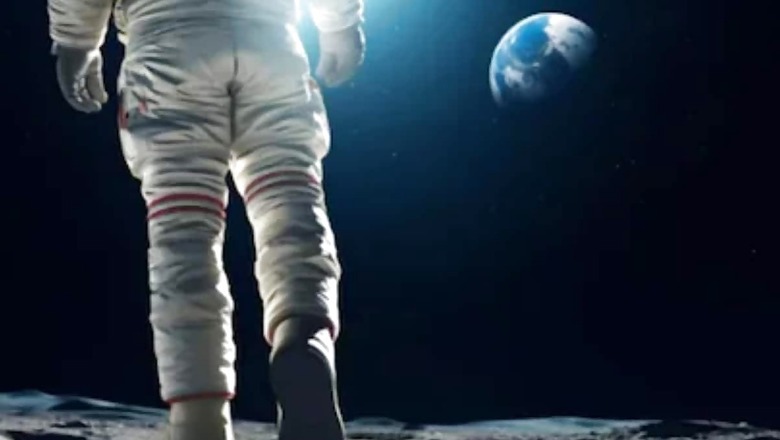
views
NASA is eager to address a significant challenge in its upcoming lunar missions. As part of its LunaRecycle Challenge, the agency will award approximately Rs 25 crore to individuals or teams who develop effective recycling solutions for waste generated during long-duration missions to the Moon.
With a crewed lunar landing planned for September 2026, it will mark the first time in 50 years that astronauts will set foot on the Moon. NASA aims to establish a sustainable human presence on the lunar surface. This mission will not only mark humans walking on the moon again but will also highlight the importance of sustainability in space exploration.
Programme To Address Waste Management
As astronauts prepare for longer stays on the Moon, effective waste management becomes critical. Historical missions, such as the Apollo programme, left behind 96 bags of human waste and other debris on the lunar surface.
With NASA’s goal of extended missions, managing inorganic waste such as food packaging, discarded clothing, and scientific materials will become increasingly important.
Amy Kaminski, programme executive for NASA’s Prizes, Challenges and Crowdsourcing Programme stated that sustainability is a key consideration for NASA as they conduct research from Earth to the Moon. She added, “With this challenge, we are looking for public innovative approaches to waste management on the Moon and aim to bring lessons learned back to Earth for the benefit of all.”
Structure of the Competition
The LunaRecycle Challenge consists of two tracks:
- Prototype Build Track: This track invites participants to design and develop hardware systems for solid waste reuse on the lunar surface.
- Digital Twin Track: In this track, contestants are tasked with creating a virtual replica of a complete recycling system on the lunar surface, focusing on the manufacturing of end products.
Participants can register for either or both tracks, with prize money allocated to each category. These two tracks aim to increase accessibility to the challenge and promote innovative solutions to complex waste management problems.
Kim Crome, Acting Program Manager for NASA’s Centennial challenges, expressed excitement for the initiative. She stated that NASA’s LunaRecycle challenge will contribute to addressing technological needs in advanced manufacturing and habitats.
“We are very excited to see what solutions our global competitors create, and we look forward to this challenge to act as a positive catalyst to bring agency and humanity closer together to explore our own world,” She added.
Solutions developed through the LunaRecycle Challenge not only enhance the sustainability of lunar missions but also hold the potential to revolutionise waste management practices here on Earth.




















Comments
0 comment